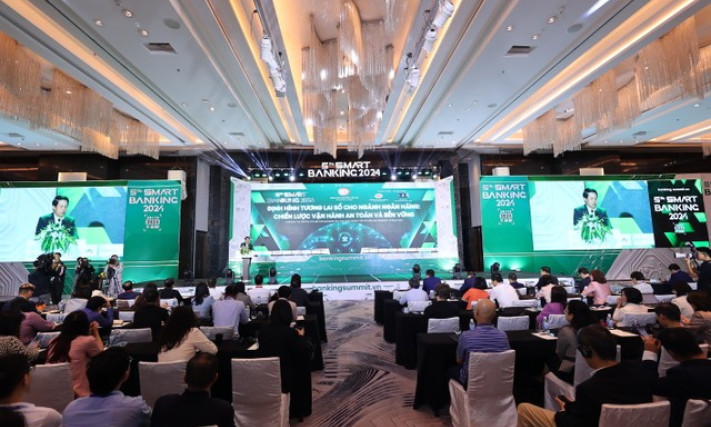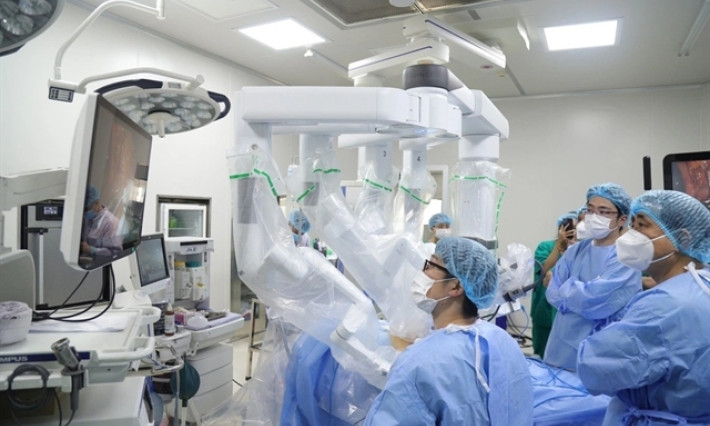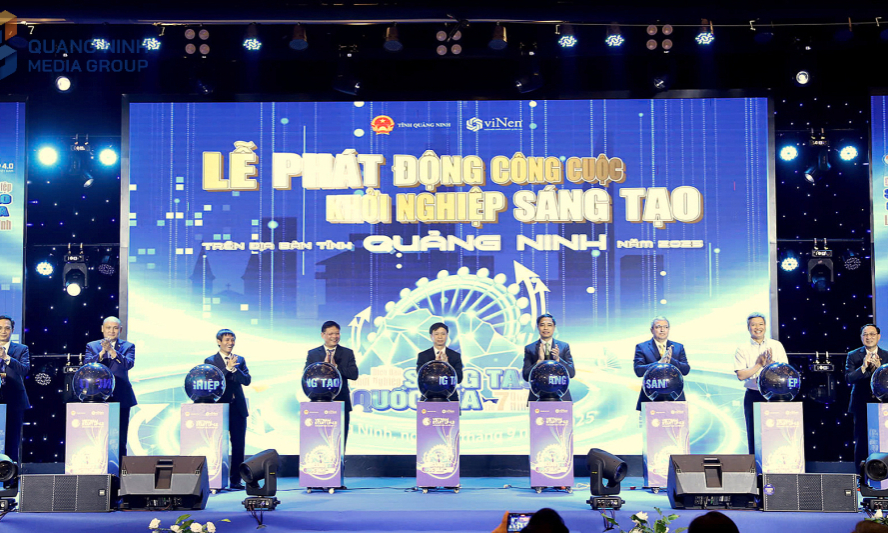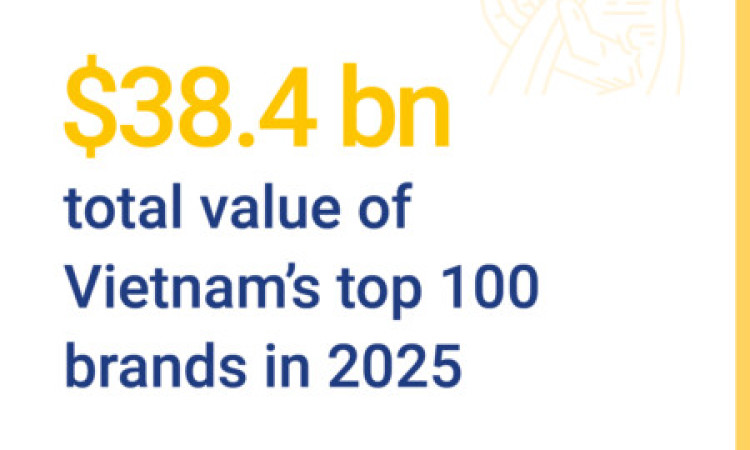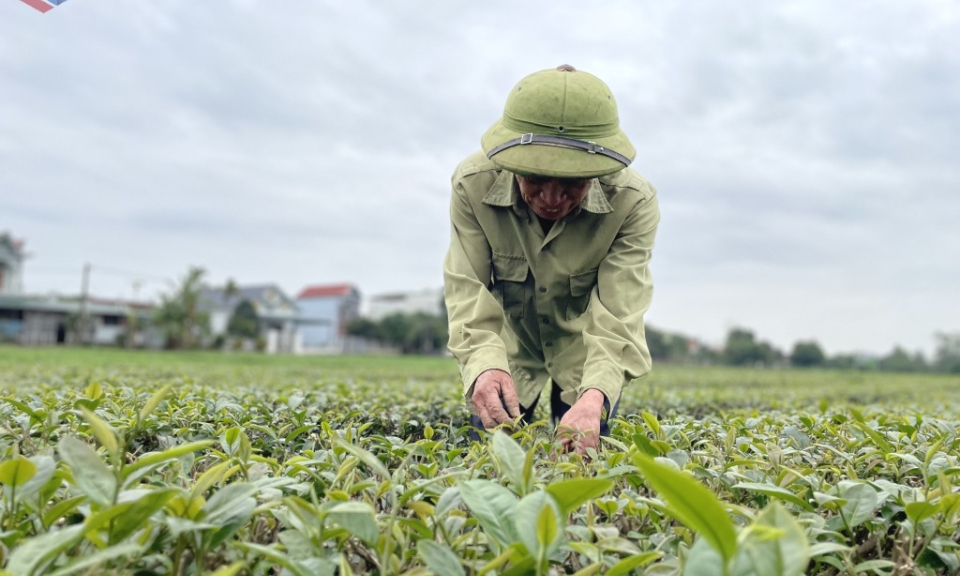Local tourism industry goes green
In boosting ‘green’ tourism, the central province of Quảng Nam has introduced the Silk Sense Hội An River Resort as the first ‘zero plastic waste’ destination to expand its sustainable hospitality brand.
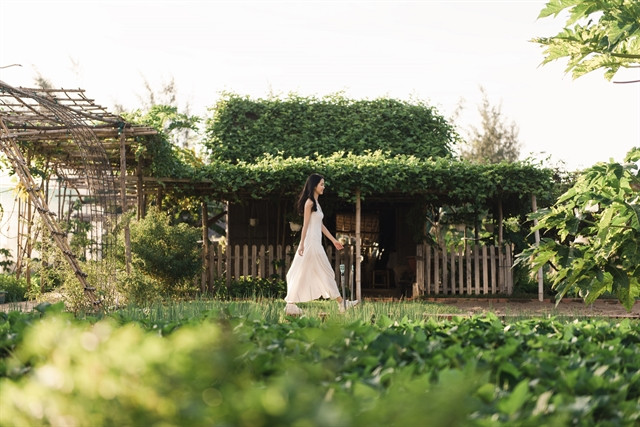
In boosting green tourism as a unique attraction, the central province of Quảng Nam has introduced the Silk Sense Hội An River Resort as the first ‘zero plastic waste’ destination to expand its sustainable hospitality brand.
The resort is a trailblazer that has been building chemical-free low carbon infrastructure, with renewable energy while composting kitchen waste for years.
Chairman of the resort Trần Thái Do said that the ‘green’ target was planned a few years ago as the province ignited a tourism ‘go green’ campaign.
“Unbaked bricks were used for our construction, while mineral salt helped to clean the water at the swimming pool instead of chlorine. The resort has also installed an energy saving variable refrigerant temperature control-inverter technology cooling system,” Do said.
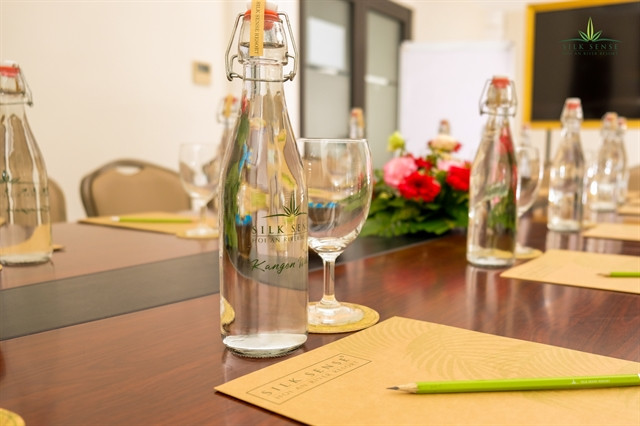
“Bamboo or wood made single-use amenities replaced plastic ware at room service, and plastic bottles were changed by reusable glass bottles with a refilling water filter system,” he said.
Do said the resort cooperated with a partner to set up a low-energy kitchen waste composting system in processing organic waste into nutrient humus for a non-chemical garden.
Hà Thị Diệu Viên, a manager of the sustainable development section of the resort, said the resort started plastic waste classification from 2019, and the 'Together We Green the Waste' programme helped reduce consumption of 54,000 plastic bottles, and 10 tonnes of waste per year.
She said the resort set different criteria and solutions on non-plastic and compostable material and equipment among partners and suppliers in building a ‘zero waste and non-plastic’ chain and approaching the target of no plastic consumption.
“Staff and divisions at the resort are required to sort out waste at source to reduce the waste for landfill every day and promote recycling or material recovery. Plastic packages and single-use cups released by customers are collected by a specialised waste treatment unit, or used as "green cups for bonsai”, Viên said.
She said visitors also received our ‘zero plastic’ message before booking at the ‘green’ tourism building resort.
Visitors will be given reusable canvas bags, a recycled product or environment-friendly gift as a ‘green’ memory of the resort and their ‘waste-free’ holiday, she added.
Solution providers
Phạm Thị Hương, an engineer from Autotech machinery joint-stock company, said it had introduced the Waste2Green recycling solution for leftover food from the resort’s kitchen, turning it into nutrient compost.
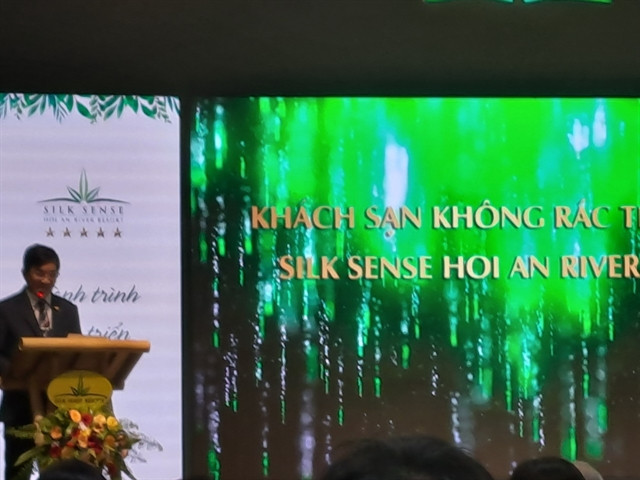
“We have developed two modules with an organic waste processing capacity from 30kg and 200kg a day. Leftovers will be microbiologically fermented in the electric-driven box with a low-cost operation,” Hương said.
“The low-capacity machine consumes around 10 kilowatts each day to process 30kg of kitchen waste into compost every five days. It helps collect material for organic gardening, while limiting the amount of kitchen waste to be buried at landfill.”
Hương said that the microbiological waste fermentation can completely treat kitchen waste within 24 hours, and does not emit stinky air or waste water into the environment.
The company has not unveiled the price of the machine, but said it would be cheaper than an imported product.
Nguyễn Thị Thanh Thu, a non-plastic production cooperative from Tiên Phước District, produces bags, plates and souvenirs from plant material to replace plastic.
The cooperative reserves 28,000 areca leaf sheaths for supplying 50 non-plastic categories for hospitality and environment-friendly consumption.
She said the handmade areca leaf sheath products would offer an effective option for the reduction of plastic waste in supporting ‘green’ tourism.
Thu said the cooperative had been expanding the market by offering reasonable prices for compostable products as Tiên Phước District has about 10,000ha of areca palms
Nguyễn Thanh Hồng, director of Quảng Nam's Department of Culture, Sports and Tourism, said 11 travel agencies in the province were awarded ‘green’ labels under ‘green’ tourism standards from the Swiss Tourism for Sustainable Development Project from 2021.
He said about 20 other businesses operating in hotels, resorts, travel, community-based tourism, and homestays were applying for ‘green’ tourism recognition.
Quảng Nam is the first province in Việt Nam promoting the 'Zero Plastic Waste Tourism' campaign, starting from 2019, with 44 hotels, homestays, villas and restaurants committed to reducing their plastic waste.
The Field restaurant in Hội An was a forerunner of the campaign as it began recycling organic waste from the kitchen to reduce daily waste released into the environment by 10kg to 15kg per day.
It said organic waste was recycled into 30kg of materials to create chemical-free dish-washing liquid at the restaurant each month.
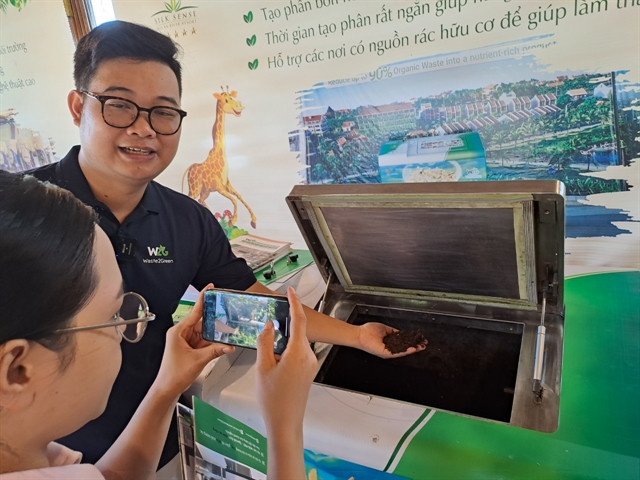
Refillable Hội An, the first refillable concept store in Hội An, has helped residents reuse more than 10,000 containers by refilling empty plastic bottles of washing liquid with environmentally friendly detergent or washing liquid, the Quảng Nam Tourism Association reported.
Trần Việt Thùy from Pacific World Travel, a member of TUI Tours, said 80 per cent of MICE (Meeting, Incentives, Conference and Exhibition) tour customers requested plastic and waste-free accommodations and transport vehicles as well as tour services.
She said visitors now had a high request for environmental protection and joining environmentally friendly activities.
Thuỳ said responsible tourists would pay from US$700 to $1,000 for the service, provided there was no plastic waste or activities harmful to the environment at the hotel or resort.
Many handicrafts companies in Quảng Nam have been using bamboo, rattan or leaves for producing bags and furniture, drinking straws, containers and souvenirs; and the province has lured Thừa Thiên Huế and Đà Nẵng into joining the green tourism link.
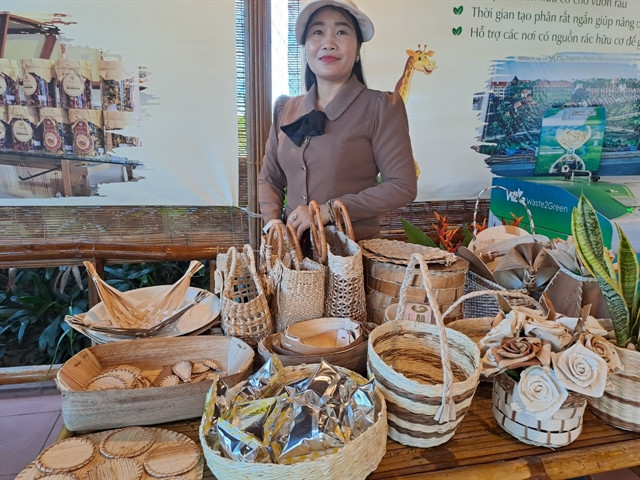
Chairman Do of the Silk Sense resort said it needed to join hands with the community, and policymakers from the provincial authorities and government in offering effective support to tourism businesses and partners to completely opt in for the green choice.

